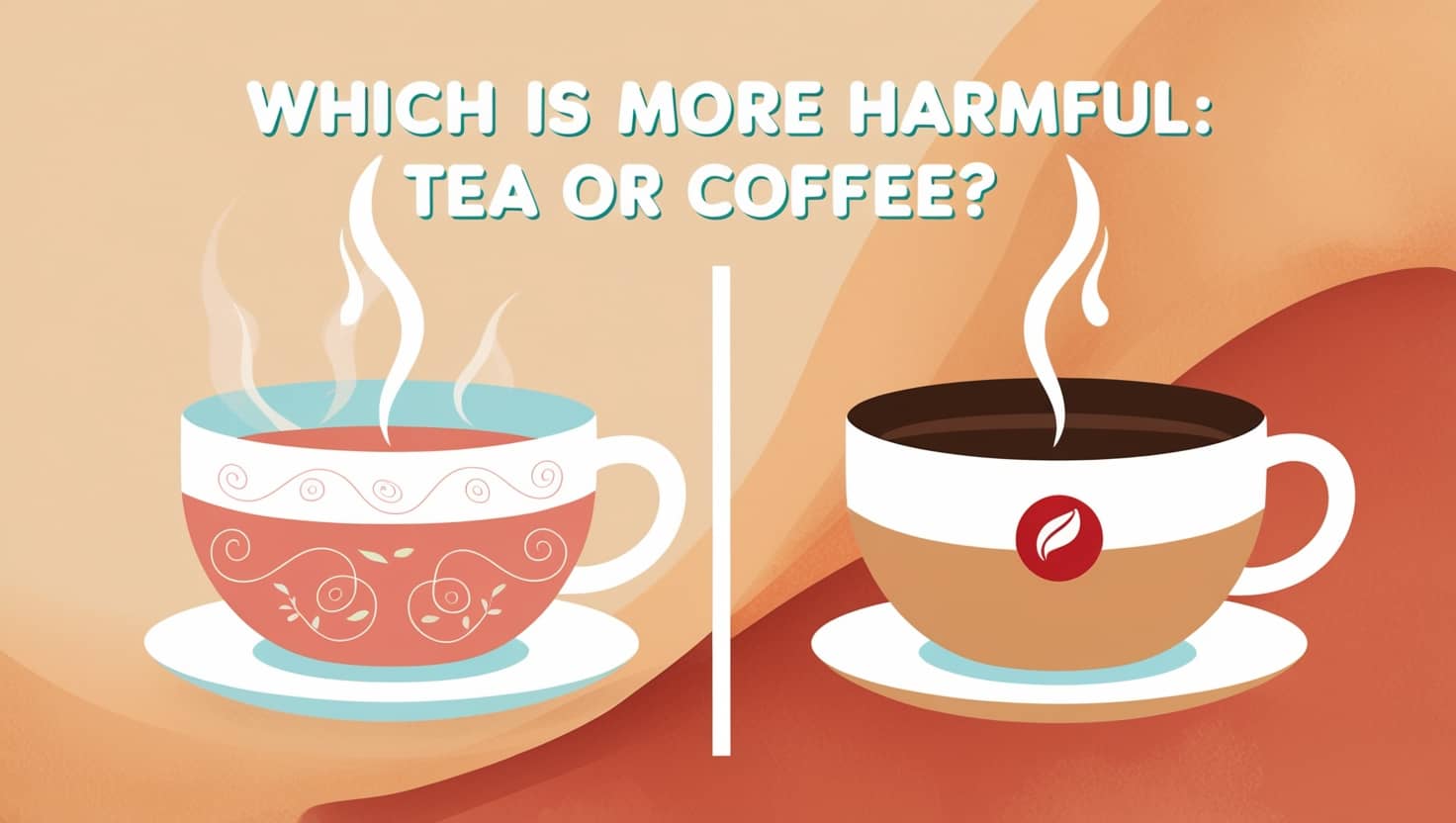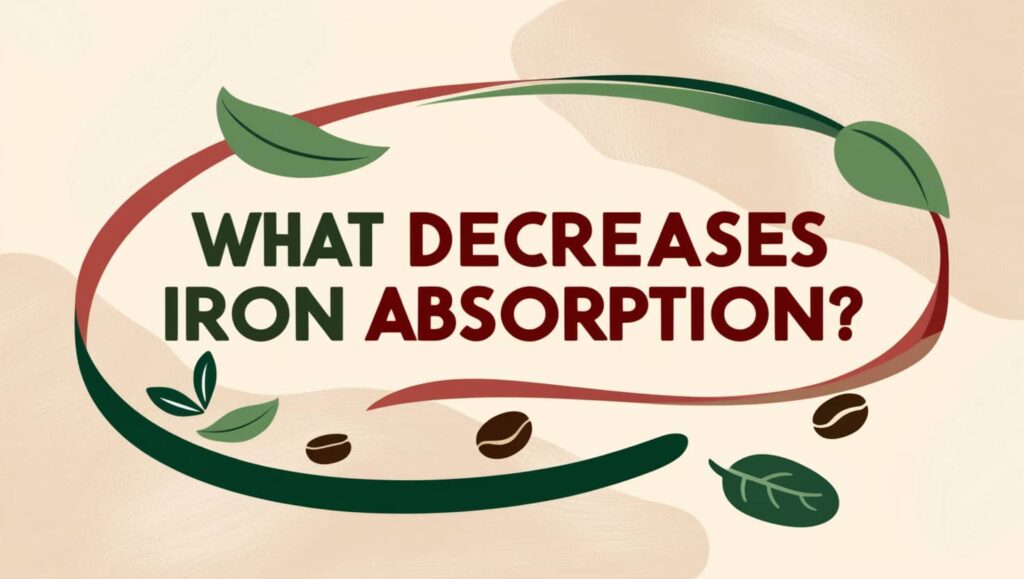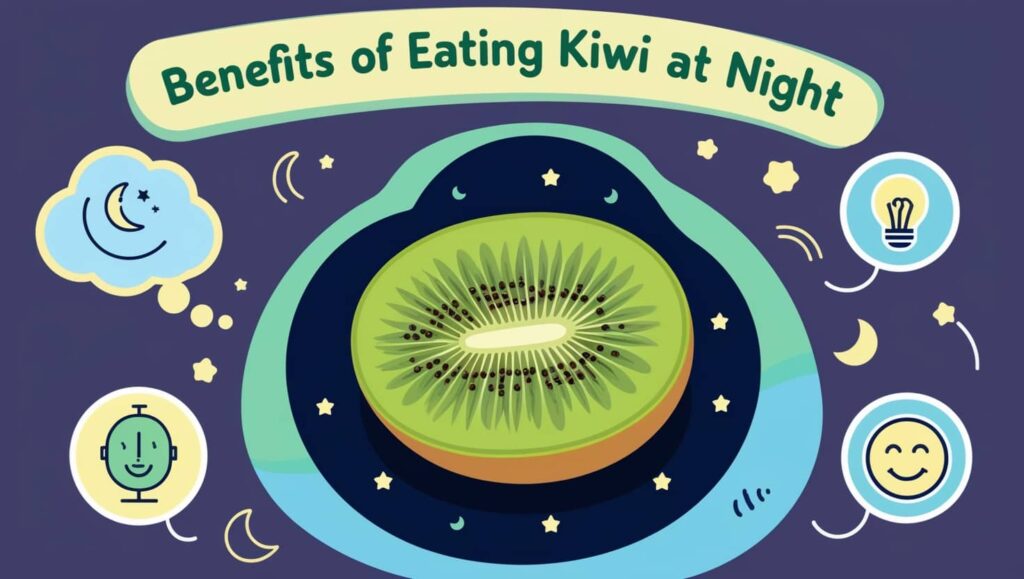Tea and coffee are two popular beverages enjoyed by people around the world, each with its own unique properties and potential health benefits.
Tea is the most widely consumed beverage in the world, second only to water.
Coffee rivals it in popularity and is often associated with morning routines and sought after for its energizing effects.
Both tea and coffee offer a range of health benefits due to their rich antioxidant content, which reduces the risk of chronic diseases such as heart disease, stroke, type 2 diabetes and some types of cancer, and they improve brain function and help with weight management.
But which is more harmful: tea or coffee?
Both tea and coffee contain caffeine, which can cause side effects such as anxiety, insomnia and heart palpitations in some individuals, especially those who are sensitive to caffeine.
In addition, excessive consumption of either beverage can lead to dehydration and mineral deficiencies.
Caffeine Content and Its Effects on Health
A typical cup of coffee contains significantly more caffeine than a cup of tea, as follows:
- A standard 8-ounce cup of coffee contains about 95 mg of caffeine.
- A cup of black tea contains about 50 mg of caffeine.
- A cup of green tea contains about 30 mg of caffeine.
While caffeine can provide a boost of alertness and cognitive function when consumed in moderation, too much can lead to anxiety, insomnia, increased heart rate, and headaches depending on an individual’s sensitivity. (MedicineNet, n.d.)
Factors that affect caffeine content:
- Black tea contains the most caffeine of all teas, followed by green tea and white tea.
- Longer brewing times and hotter water can extract more caffeine from tea and coffee.
- Different types of coffee beans and tea leaves contain varying levels of caffeine.
- A larger serving of coffee or tea contains more caffeine.
Impact on Digestive and Nervous Systems
Caffeine in tea and coffee primarily acts as a stimulant to the nervous system and stimulates bowel movements.
Therefore, excessive consumption can lead to digestive discomfort such as heartburn and loose stools depending on the individual’s sensitivity; it can also increase stomach acid production.
Now which is more harmful: tea or coffee?
This depends on the amount of caffeine you consume daily and how it affects you in particular.
Effects on the nervous system:
- Caffeine works to counteract the action of adenosine, a neurotransmitter that promotes drowsiness, leading to increased alertness and focus.
- Caffeine enhances the production of adrenaline, which promotes alertness and energy.
- Excessive caffeine intake can lead to anxiety, insomnia and nervousness in some individuals.
- Consuming caffeine just before bedtime can affect the quality of sleep. (PubMed, n.d.)
Effects on the digestive system:
- Caffeine stimulates muscle contractions in the intestines, which promotes bowel movements and causes loose stools or diarrhea in high doses.
- Caffeine increases stomach acid production, causing heartburn or acid reflux in susceptible individuals.
- In some cases, consuming large amounts of caffeine can irritate the lining of the digestive tract, leading to stomach upset.
Other effects:
Caffeine acts as a mild diuretic, increasing urine production.
Long-Term Health Risks of Excessive Consumption
Regular use of more than 600 mg of caffeine per day can have long-term effects. This is equivalent to more than 4 cups of coffee per day.
These effects include:
- Increased feelings of anxiety and tension.
- Difficulty sleeping or getting restful sleep.
- Increased heart rate and breathing rate.
- Irregular heartbeat or heart rate.
- Increased blood pressure, especially in people who already have high blood pressure.
- Caffeine can cause osteoporosis in postmenopausal women.
- Caffeine increases stomach acid, irritates the intestines, and reduces iron absorption.
- Excessive caffeine use can lead to ulcers.
- Excessive caffeine use can lead to seizures.
References
- MedicineNet. (n.d.). Retrieved from Is Tea or Coffee Better for Your Health?
- PubMed. (n.d.). Retrieved from Effect of Caffeine Consumption on the Risk for Neurological and Psychiatric Disorders








